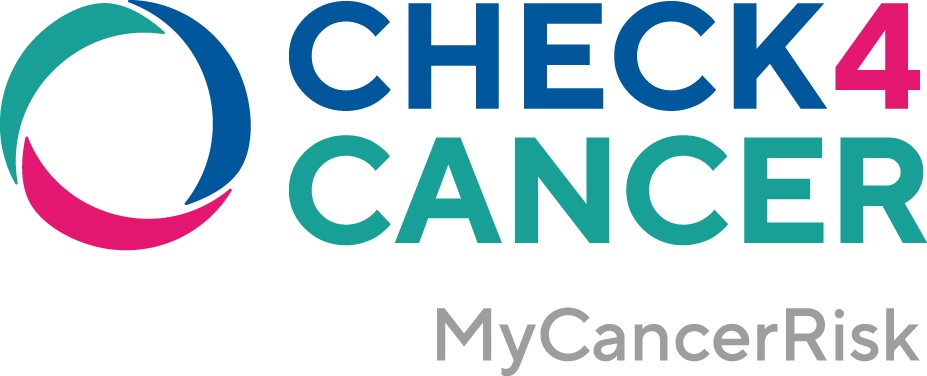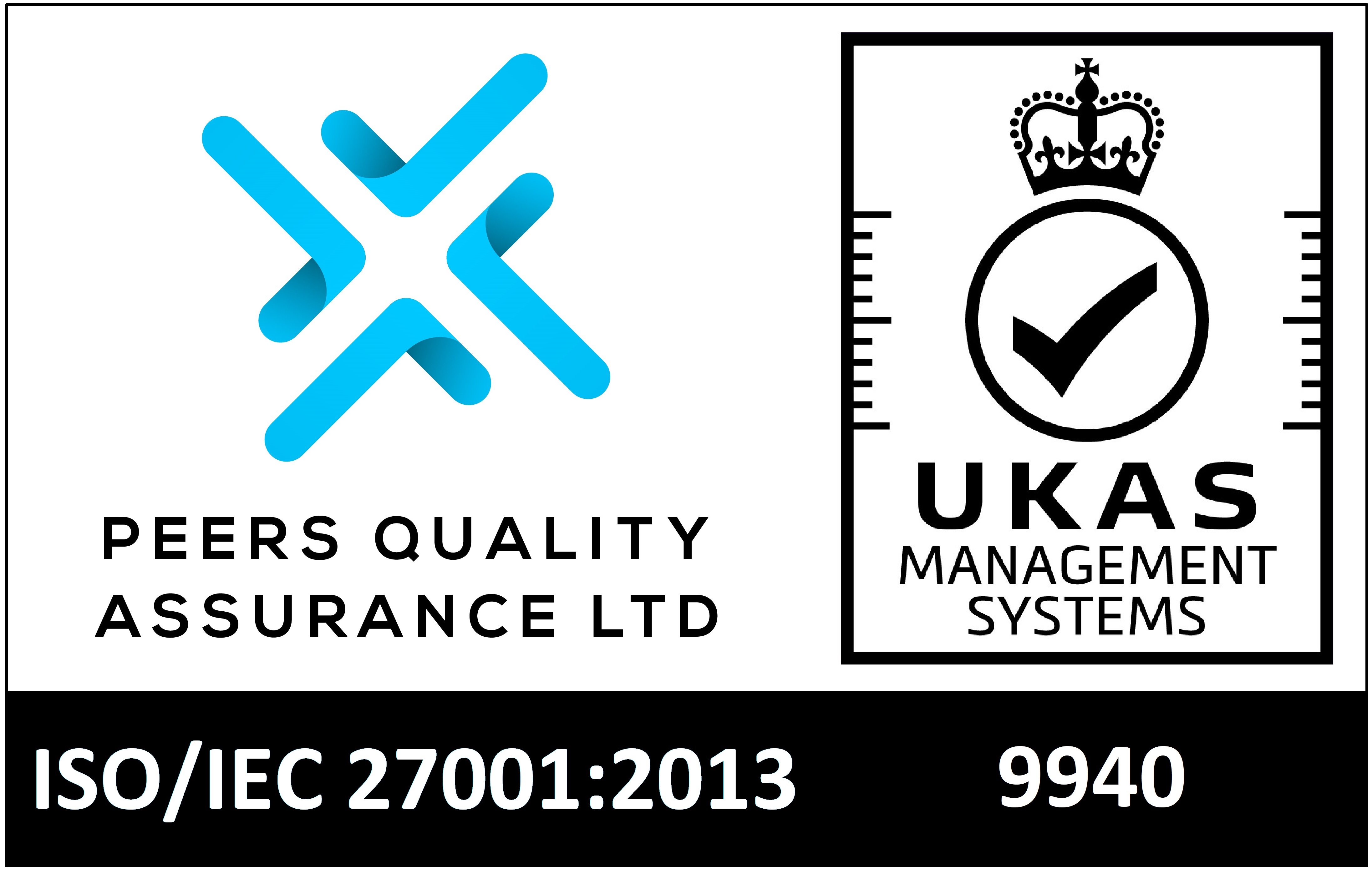To mark Bowel Cancer Awareness Month, we spoke with Professor Andrew Beggs, Check4Cancer’s Clinical Advisor for bowel cancer and Professor of Cancer Genetics and Surgery at the University of Birmingham and University Hospitals Birmingham NHS Foundation Trust. Professor Beggs answers some of the most commonly asked questions around bowel cancer and shares his insights on how to minimise your risk in our ‘Ask the Expert’ series.
Who is most at risk of bowel cancer and what are the risk factors?
Bowel cancer affects one in 25 people and the only clear risk factor that has been linked to bowel cancer is smoking. Patients with inflammatory bowel disease are also at high risk. However, there are weaker associations between red meat, being overweight, low fibre diets, alcohol consumption and Vitamin D intake.
What can people do to reduce their risk of developing bowel cancer?
You can decrease your risk by modifying your lifestyle factors. Firstly – don’t smoke; try to drink only the recommended amount of alcohol per week. Also, eat a healthy balanced diet with high fibre and a moderate intake of red meat. Also, watch out for any early signs of bowel cancer such as a change in your bowel habits, bleeding from your bottom, abdominal pain or persistent weight loss.
You can view the common symptoms of bowel cancer here.
Am I more at risk of bowel cancer if someone in my family has it?
We know that bowel cancer runs in families. If a first-degree relative (i.e., a parent or brother/sister) has had bowel cancer, your risk is increased. Also, we know that there are several inherited conditions that cause bowel cancer. Together these make up about 10% of all bowel cancer patients and can increase your risk of bowel cancer by up to 100%. Finally, we know that a small proportion of the risk that happens in bowel cancer is made up of something called polygenic risk. This is where you can inherit genetic changes where your risk is increased by a tiny amount, usually 1-2% each. Most people carry one of these changes, but some people carry several which can increase this risk considerably.
You can find out about bowel cancer genetic screening here.
What is BowelCheck and what are the benefits of screening for bowel cancer with a test at-home sample collection kit?
BowelCheck offered by Check4Cancer is a Quantitative Faecal Immunochemical Test (qFIT) which looks for the quantity of human blood in the bowel motion following a simple and easy to use at-home collection system. This is different to other FIT tests as it measures the amount of blood and also includes a personalised screening programme making it more reliable than other tests. If positive, patients will require further investigation that will usually involve colonoscopy, a telescopic examination of the large bowel.
You can find out more about BowelCheck here.
What bowel cancer screening is available on the NHS?
Currently, the NHS offers FIT testing (Faecal Immunohistochemical Testing), starting at age 55. If this test detects blood in your faeces (poo) you will have a colonoscopy to see if there is a bowel cancer there. The threshold for this test is quite high, and although it does not flag up people who don’t have cancer, the level means that some early cancers may be missed.
If you are diagnosed with bowel cancer, what can affect your prognosis?
The main thing which determines your prognosis with bowel cancer is the stage at which it presents. Cancer which presents at a later stage is associated with a poorer prognosis. Genetic changes within the cancer itself, such as mutations in genes called BRAF and KRAS are associated with a poor prognosis. Some cancers, known as mismatch repair deficient, have an excellent prognosis, especially when treated with immunotherapy.
What are the rates of survival depending on what stage the cancer is found?
At five years, the percentage of patients alive at five years by stage are:
- Stage A – 93.2%
- Stage B – 77.0%
- Stage C – 47.7%
- Stage D – 6.6%
What are the options for bowel cancer treatment?
The majority of bowel cancer treatment is surgical. This is to remove the tumour but to also take away the lymph glands associated with it in order to reduce the risk of it coming back. You may have chemotherapy before or after the operation if it is a colon cancer; for rectal cancer, you may have chemo and radiotherapy before the operation. The type of chemotherapy you have will depend on the molecular profile of the tumour, which is determined when you have your initial biopsy.
In your experience, how has treatment changed in recent years and how do you see it developing in the future?
The biggest change in bowel cancer treatment is twofold. Firstly, if cancers are small enough and at a low enough stage, we are increasingly doing less invasive surgery. Examples of this are endoscopical mucosal resection (for large polyps) or transanal endoscopic microsurgery (TEMS). Secondly, and the biggest change is the use of precisely targeted chemotherapy for your tumour. A number of important clinical trials have reported in the last five years (FOXTROT, CAIRO4, TREC, NICHE) which have changed the management of bowel cancer by increasingly using targeted therapy.
Professor Andrew Beggs, Clinical Advisor for Bowel Cancer & Genetics
Professor Andrew Beggs is a Professor of Cancer Genetics & Surgery at the University of Birmingham and University Hospitals Birmingham NHS Foundation Trust. He runs a diverse research group of scientists and clinicians studying the molecular determinants of response to cancer treatments using organoid models and next-generation sequencing models. He is also an active cancer clinician, running a familial cancer clinic for the West Midlands Region and one of the national gastrointestinal polyposis centres. Professor Beggs acts as a scientific adviser to the UK Department of Health and Social Care and Genomics England.




